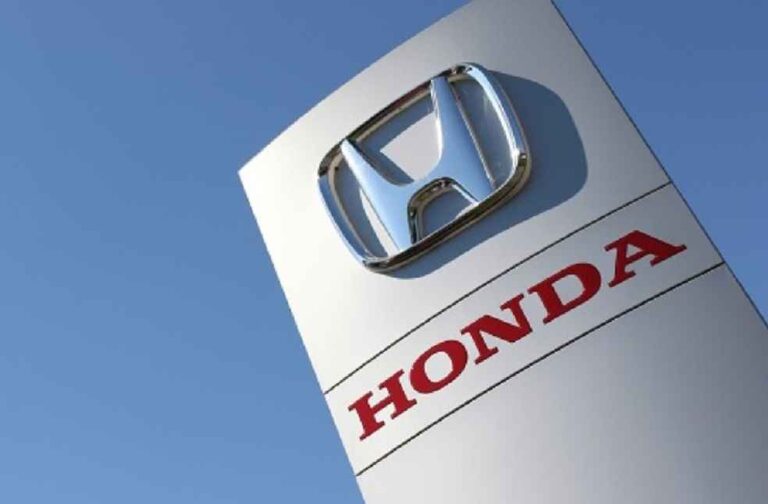Honda has revised its earlier plan to establish a next-generation fuel cell plant in Moka City, Tochigi, Japan. The company had initially intended to begin operations at the facility by the end of the fiscal year 2028, with a projected annual output of 30,000 units.
The automaker had planed to build the new facility on the site of its former Powertrain Unit Factory. However, in an official statement, the company revealed it would scale back initial production capacity and postpone the start of full-scale operations, citing recent shifts in the global hydrogen market landscape.
Under its revised plan, Honda will forgo eligibility for a government subsidy offered through the Japanese Ministry of Economy, Trade and Industry’s GX (Green Transformation) initiative. The program mandates operations to begin by the end of fiscal year 2028 with a minimum annual capacity of 20,000 units. Honda stated it has chosen to withdraw from the program, as its updated plan no longer meets the required criteria.

The company reaffirmed its commitment to hydrogen plant, noting that Honda was among the early pioneers in exploring hydrogen’s potential to achieve a carbon-neutral society, with over three decades of research and development in hydrogen technologies and fuel cell electric vehicles (FCEVs).
Honda is independently developing its next-generation fuel cell module as part of its broader mission to achieve carbon neutrality across all models and operations by 2050. The company has outlined four application areas for its fuel cell technology, including fuel cell electric vehicles (FCEVs), commercial transport, stationary power systems, and construction equipment.
Honda has not released an updated timeline or production capacity details after the announcement.
Currently, Honda offers the CR-V e FCEV, a compact plug-in hybrid SUV powered by a hydrogen fuel cell electric drivetrain.
AUTO TECH | Accenture, IIT Madras Partner to Upskill SDV Talent





